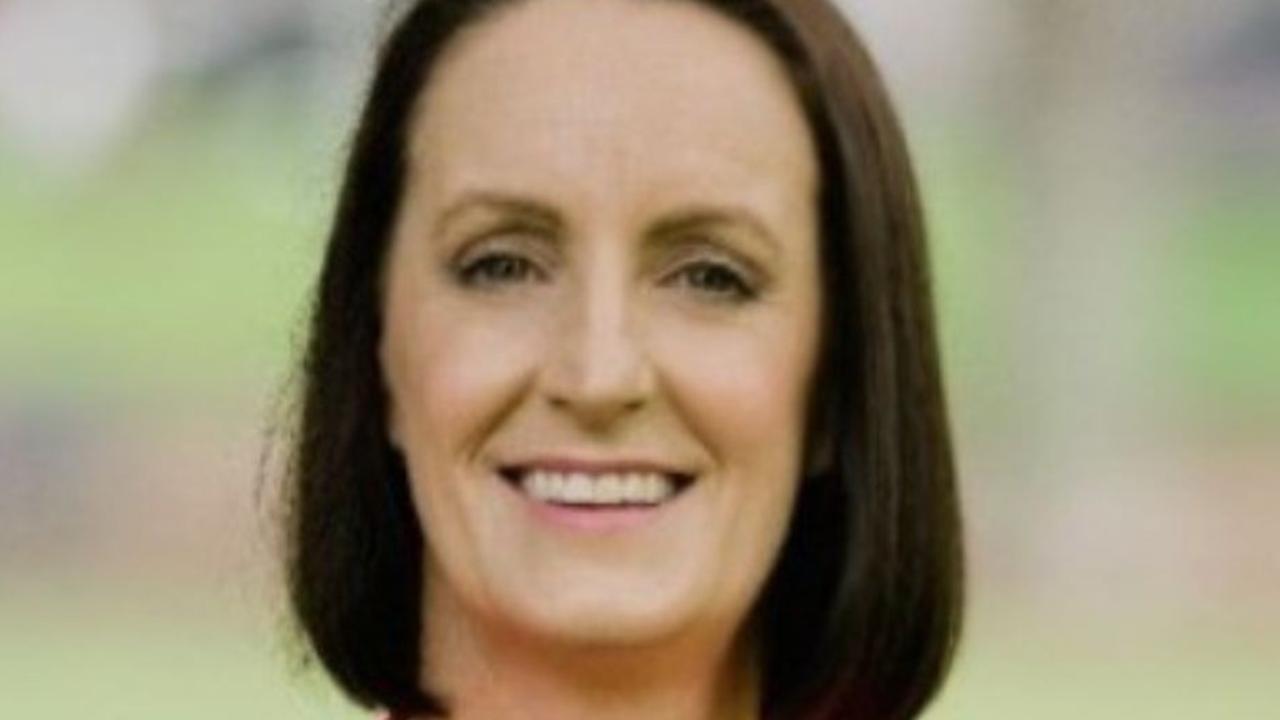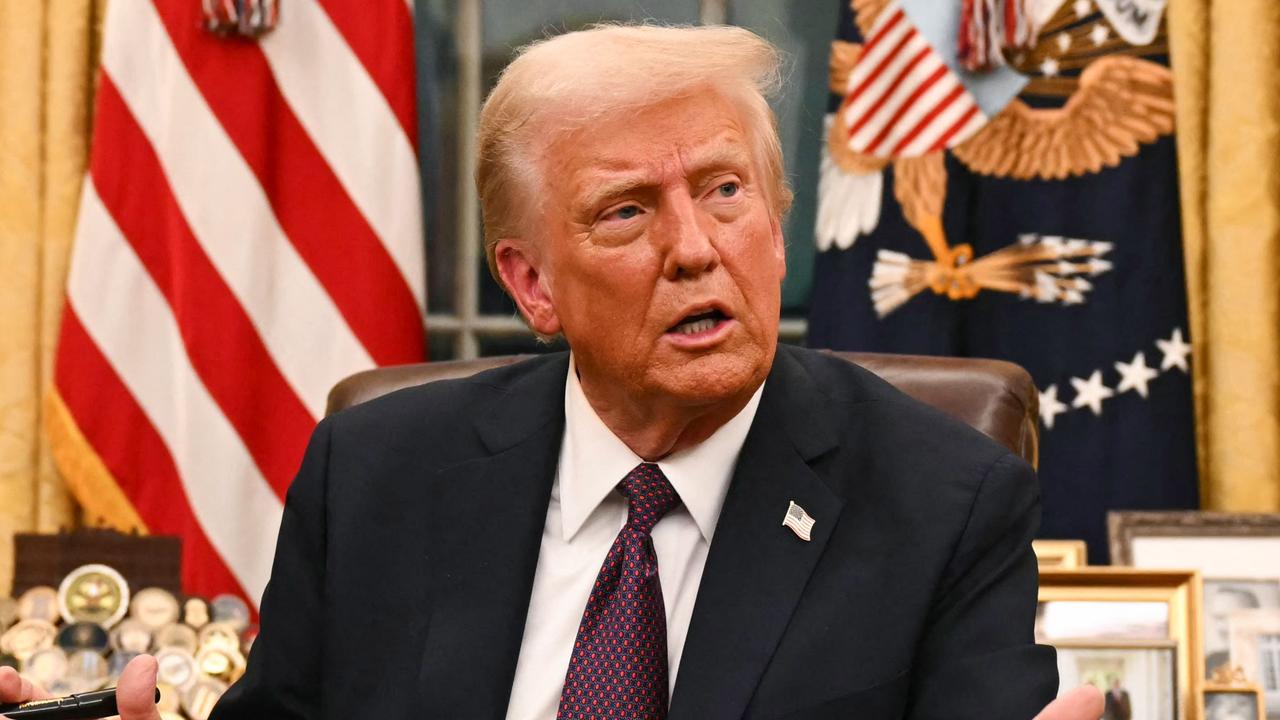Indigenous Voice to parliament: How should I vote in Voice referendum?
Aussies will have a chance to make history when they have their say on the Voice to parliament – but what does it all really mean?
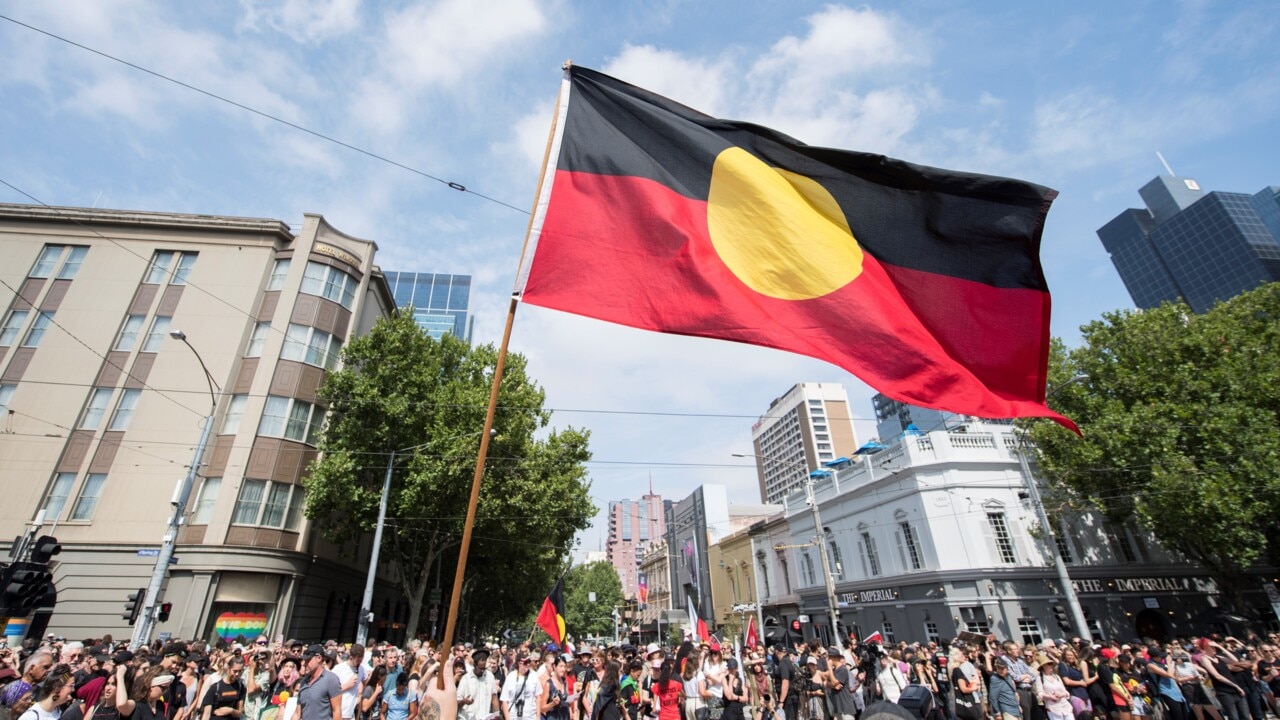
Aussies will soon head to the polls to have their say on the Voice to parliament referendum.
Earlier this year, the laws that will allow the national poll to be conducted passed parliament, with the government’s Constitution Alteration Bill passing the Senate with 52 votes to 19.
The passage of the Bill through parliament triggered a six-month time frame in which the referendum must be held.
Aussies will head to the polls on October 14, and on that date, Australians will be asked to vote on the following question:
“A proposed law: to alter the constitution to recognise the first peoples of Australia by establishing an Aboriginal and Torres Strait Islander Voice, do you approve of this proposed alteration?”

The proposed law that Australians will be asked to approve at the referendum would insert the following lines into the Constitution:
In recognition of Aboriginal and Torres Strait Islander peoples as the First Peoples of Australia:
1. There shall be a body, to be called the Aboriginal and Torres Strait Islander Voice;
2. The Aboriginal and Torres Strait Islander Voice may make representations to the Parliament and the Executive Government of the Commonwealth on matters relating to Aboriginal and Torres Strait Islander peoples;
3. The Parliament shall, subject to this Constitution, have power to make laws with respect to matters relating to the Aboriginal and Torres Strait Islander Voice, including its composition, functions, powers and procedures.”
A majority of voters in a majority of states need to vote “Yes” at the referendum if it is to succeed.
But now that we know it’s officially going ahead, how should Australians make up their minds about how to vote?
News.com.au put that question to Yes 23 campaign director Dean Parkin and No campaign spokeswoman Senator Jacinta Nampijinpa Price, who both said the outcome would have a major impact on both a symbolic and practical level.
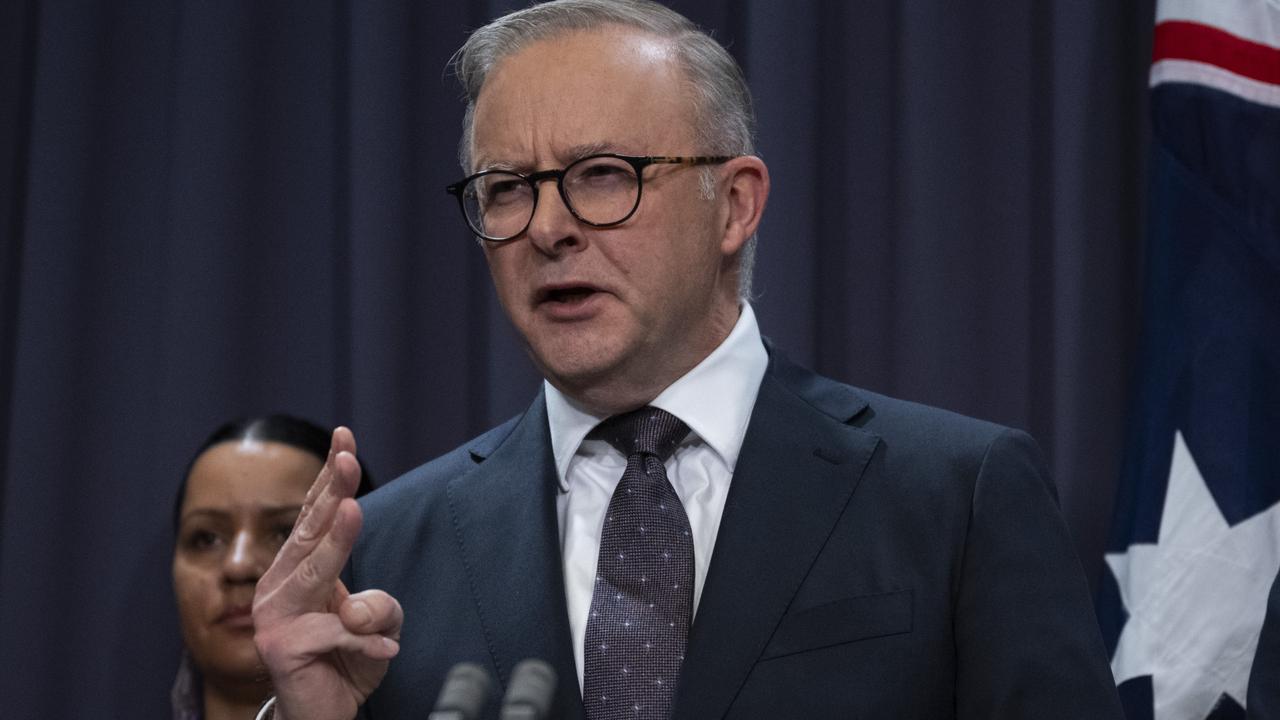
The Yes vote
Mr Parkin said that firstly, a successful Yes vote would send a powerful message that “what it means to be genuinely, uniquely Australian in the world is to be home to the oldest continuing culture on earth”.
“That’s something a lot of people have pride in, and it’s the thing that makes us genuinely unique, and now every Australian gets to connect their own existing story and deeply held view of being Australian to 65,000 years of history,” he said.
“That will strengthen and enrich all of our sense of what it means to be Australian. It’s not just about Indigenous people and doing something nice for 3 per cent of the population, it’s something that will benefit every Australian.”

He added that it would also hold current and future governments and parliaments to account, by proving that the nation was truly invested in the recognition of Indigenous Australians and that Australians wanted “both parliament and governments and the voice (to) wholeheartedly work together in unison to address issues facing Aboriginal and Torres Strait Islander people”.
He explained the Voice – which would be made up of Aboriginal and Torres Strait Islander peoples chosen by Aboriginal and Torres Strait Islander people from communities across the country – would be able to give “fearless and frank advice” and would “work alongside existing structures”.
“We know it’s not going to be vetoing or blocking legislation in parliament – parliament will continue the way it operates now, but it will just be informed by the experience and knowledge of Indigenous people,” he said.
“It’s about trying to work with governments and parliament to get better outcomes and value on taxpayer spending.”
The No vote
Meanwhile, Senator Nampijinpa Price argued that “a vote against the Voice in this referendum is a vote for a country united in the face of an effort to divide us along the lines of race”.
“It’s a vote for standing together, shoulder to shoulder as equals, to solve the tragic issue of Aboriginal disadvantage,” she said.
“It’s a vote for fulfilling the promise of Australia’s constitution that we can all come from different backgrounds and cultures across the world and play a part in making our nation successful and prosperous.
“We are a country that believes in a fair go. We are all equals, we all deserve to be treated the same way in our national rule book.”
She added that claims by pro-Voice activists that a Yes vote would solve Indigenous disadvantage is “wrong and misleading”.
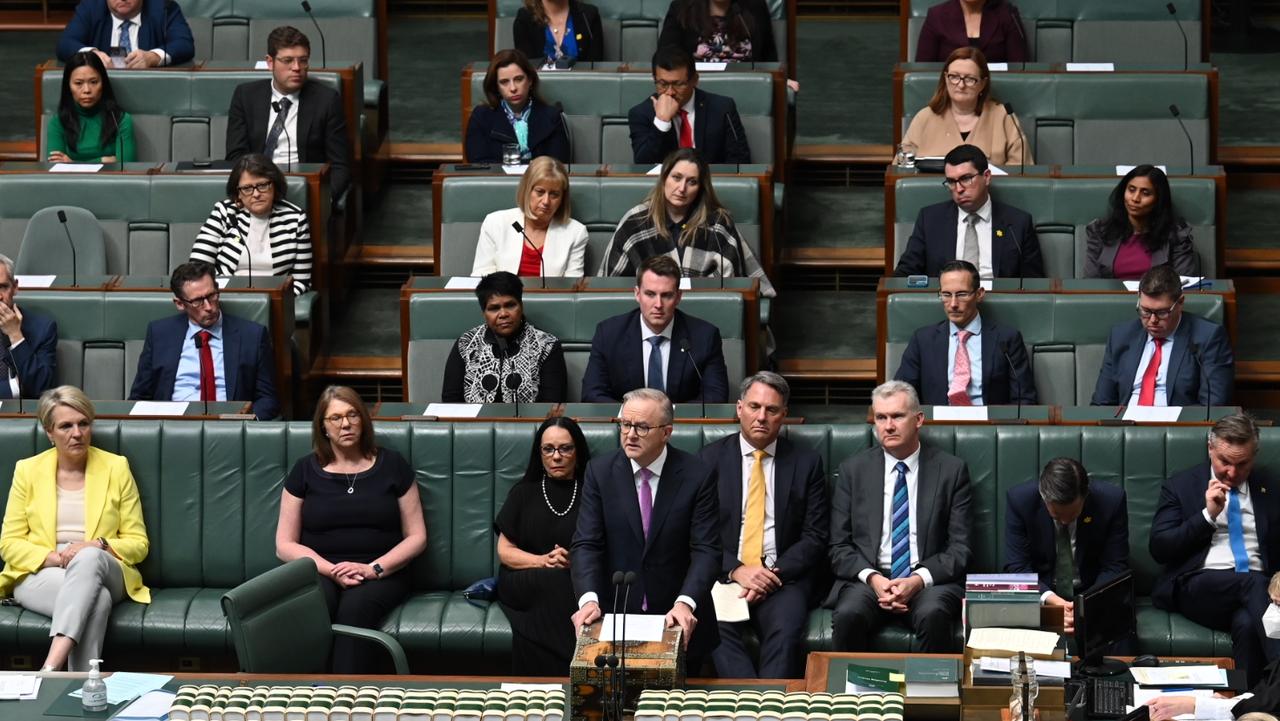
“They talk a big game about ‘closing the gap’, but they don’t say how this will be done. In fact, there are no details at all,” she said.
“But we already know what we need to do to help in my communities.
“Kids going to school, adults working in real jobs, social stability in communities so people want to live, work and invest in them. The divisive Voice won’t do this.”
She added that while there is “no doubt there would be widespread support within the Australian community” for Indigenous recognition in the constitution, by voting No, “Australians would be sending a strong signal to the government to embark on a unifying process that could be supported by all Australians”.




